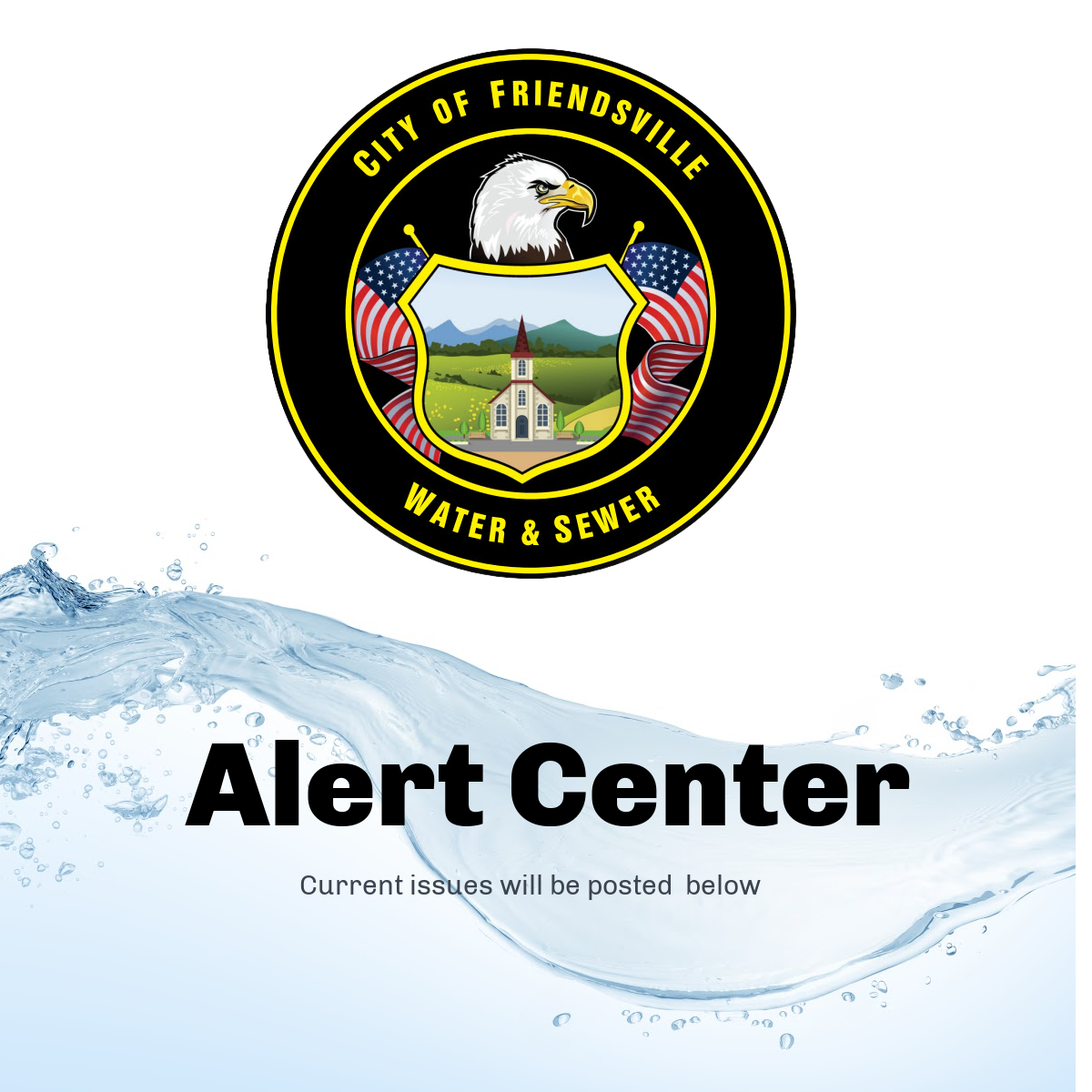
West Hill Street Drainage Work & Traffic Detour Notice
Date: Wednesday, January 14, 2026
Time: 9:00 am to 1:00 pm
West Hill Street Drainage Work & Traffic Detour Notice
The Friendsville crew will be working on West Hill Street today to replace a broken drainage tile. The existing tile, which was originally made of clay, has collapsed over time, preventing rainwater from flowing properly and causing drainage issues in the area.
Over the next several months, the crew will continue working toward the creek, replacing drainage tiles and correcting ditches to improve water flow throughout the downtown area. These improvements will enhance overall drainage conditions in the city.
During this time, citizens may experience traffic detours and temporary disruptions as work progresses. We appreciate your patience and cooperation as these necessary improvements are made.
Traffic Impacts & Detours
During construction:
- The entrance to West Hill Street from South Farnum will be closed.
- Traffic will be detoured through downtown onto West College Street.
- Traffic entering town from the Disco Loop area will need to turn onto West Morgan Street to proceed out of town.
What You See and Think, What We Know: The Leak Conversation
When a water leak occurs, we often hear the same questions from the public:
- “Why does Friendsville Utility have so many leaks?”
- “Do they even know how to fix them?”
- “Do they know what they’re doing?”
These are fair questions, and we believe in being honest and open with our community. The short answer is: Yes, we do know how to fix them, and we’re doing it every day. But the bigger answer lies in decades of history, changing materials, and inherited infrastructure challenges that we are actively working to correct.
What We Inherited
Much of Friendsville’s water system was installed between the 1960s and 1990s. During those times, state requirements were not as strict as they are today. Decisions were often made based on what was available, affordable, or easiest, not always what was best for the long term. Over the years, several things were passed down to us:
- Smaller-sized pipes are installed to cut costs
- Water lines are laid directly on rock instead of being properly bedded
- Inconsistent installation methods, sometimes without proper fittings
- Standard materials then, but are outdated or even unsafe by today’s standards (like asbestos cement and galvanized steel)
These shortcuts weren’t taken out of neglect; they were often the only options small towns could afford. But unfortunately, we’re now living with the consequences.
What We’re Doing About It
At Friendsville Utility, we’ve made it a priority to modernize the water system. That includes:
- Replacing old and brittle lines with larger, safer materials like PVC and ductile iron
- Upgrading main lines to reduce pressure stress and increase reliability
- Correcting past installation issues, such as poorly fitted saddles or pipes laid without proper bedding
- Seeking grants and outside funding to avoid burdening the ratepayers while we fix long-standing issues
Each time a leak happens, it's not always just about a quick fix; it’s often part of a larger, underlying issue we’re working to address permanently. Sometimes that means cutting into rock, navigating right-of-way challenges, or uncovering things underground that were never mapped.
Why It Takes Time
Leaks don’t happen on a schedule. They come suddenly, at all hours, and sometimes in hard-to-reach places, under roads, in fields, or even on private property. Our crew works day and night to respond as quickly and safely as possible, often with limited staff and equipment.
And while it may seem like "just another leak," each repair is part of a long process of building a stronger, more reliable system, something we’re committed to, one pipe at a time.
What You Can Do
We genuinely appreciate it when residents report leaks quickly. Your calls help us locate breaks more quickly, especially when they’re not visible above ground. If you notice standing water, a sudden drop in pressure, or any other unusual condition, please call us at 865-995-0243, ext. 101.
We hear your frustrations, and we’re working every day to turn them into progress. However, it’s essential to remember that our employees are here to do their job, and they work diligently every day to keep the system running.
When leaks occur, especially during extreme weather conditions such as intense heat or freezing temperatures, it’s frustrating for all and often even more so for the crews who are out in the elements making the repairs. They respond day or night, in rain, cold, or heat, doing everything they can to restore service as quickly and safely as possible.
We appreciate your patience and support as we continue improving the system, one repair at a time.
